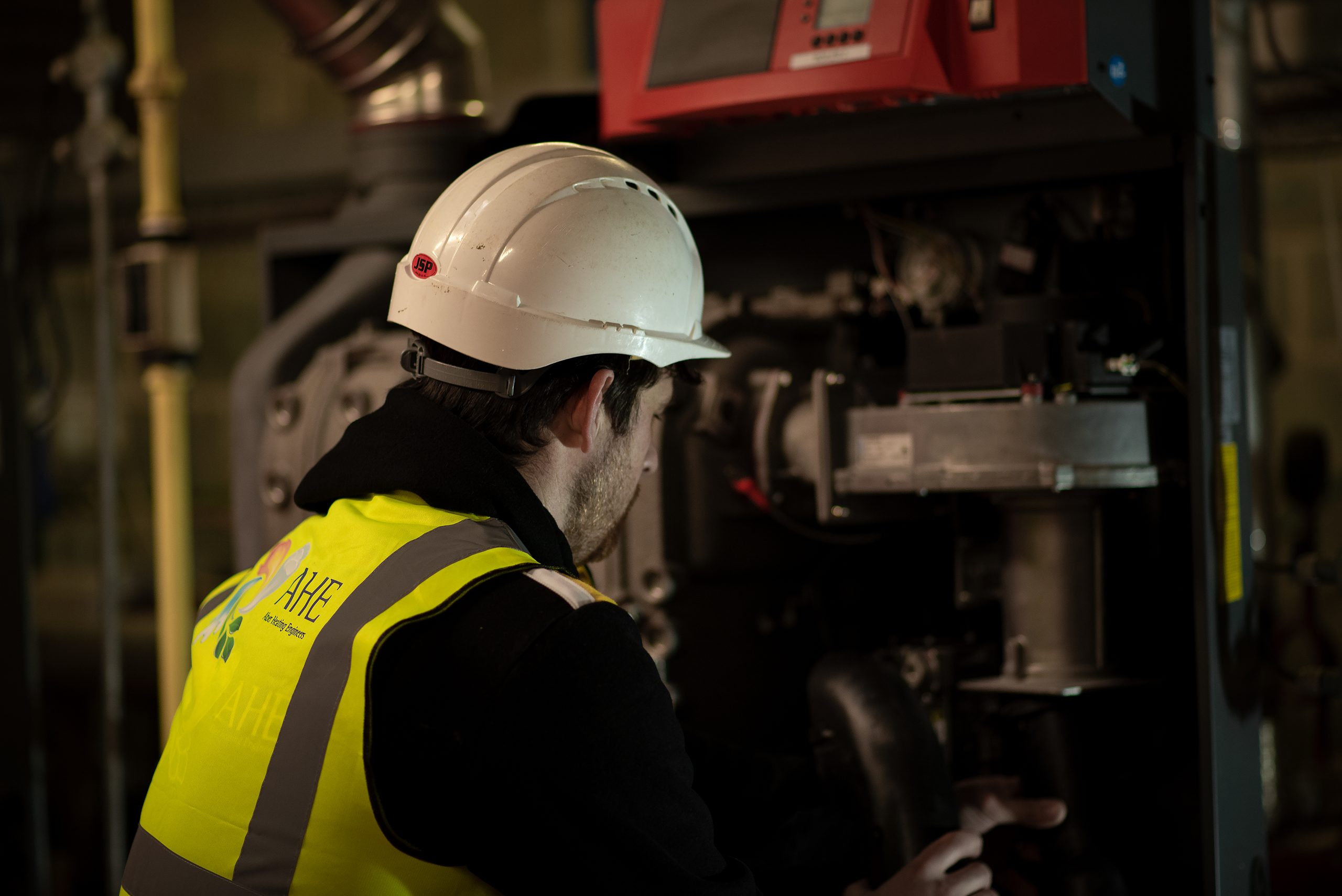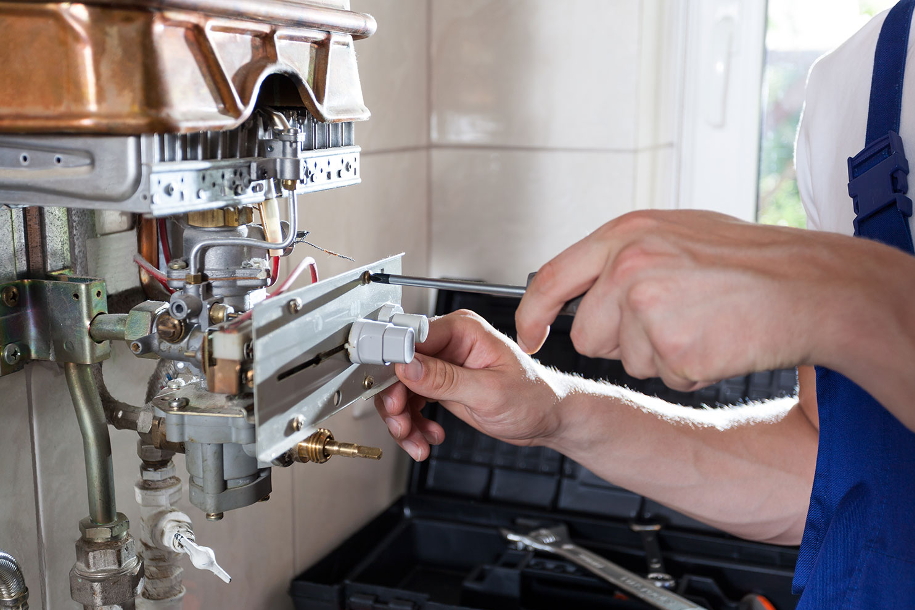Working as a Heating Engineer in today’s fast-paced commercial environment requires a unique blend of technical skill, flexibility, and communication. Whether installing a new boiler system or maintaining complex pipework, this role is essential to keeping businesses warm, safe, and operational throughout the colder months.

Key Responsibilities on Site
A Heating Engineer’s day typically revolves around system installation and servicing. This means working hands-on with commercial heating systems, ensuring boilers and associated pipework operate efficiently. Supporting boiler house operations is also critical, with a focus on safety and compliance with industry regulations. Engineers frequently travel between client sites, often working in pairs, which fosters teamwork and ensures thorough, reliable service delivery.
Why Flexibility Matters
The nature of the job demands adaptability. Commercial sites vary in complexity and scale, so engineers must be ready to tackle diverse challenges. Working Monday to Thursday with an early finish on Friday offers a balanced schedule, allowing engineers to recharge and maintain high performance throughout the week. Mobile roles also keep the job interesting, as no two days are ever the same.
Essential Skills and Qualifications
While practical experience with heating systems is fundamental, additional certifications like CSCS are required to work safely on site. Although Gas Safe registration and specialist certifications such as IPAF and PASMA are advantageous, they are not mandatory, making this role accessible to many professionals eager to grow.
A Rewarding Career Path
For those passionate about engineering and problem-solving, becoming a Heating Engineer in the commercial sector offers a rewarding career with excellent overtime opportunities and job security. With steady work across West Scotland and the chance to be part of a supportive team, this role is perfect for professionals ready to advance their skills and contribute to vital infrastructure.
